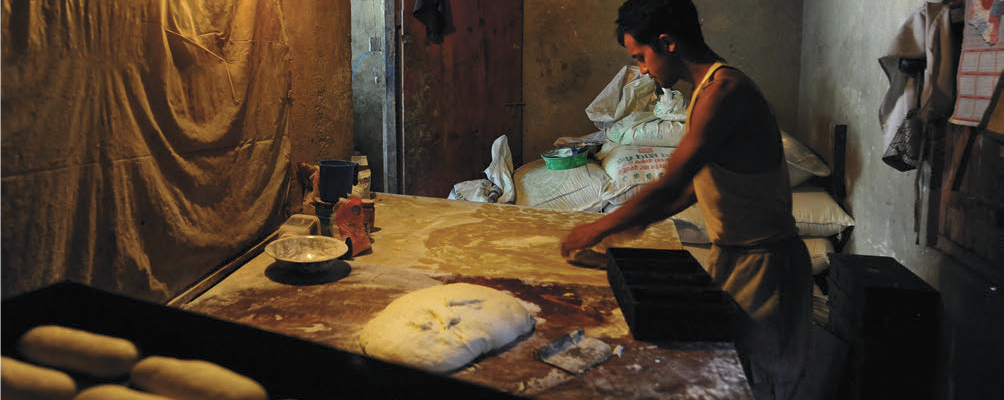In the white paper on the Sustainable Development Goals (SDGs) and Norwegian development policy, the Government proposes to invest in renewable energy and job creation.
‘Job creation in the private sector is key to lasting development and poverty reduction, and it is one of the Government’s top development policy priorities,’ said Mr Brende.
The white paper proposes an increase in support for renewable energy from NOK 495 million in 2017 to NOK 1 billion in 2019.
‘Access to energy is vital for business development and job creation. It is also crucial for providing high-quality education, good health services and greater security, as well as for improving people’s overall quality of life. At the same time, the energy sector is a major source of greenhouse gas emissions. By using aid to trigger commercial investments in renewable energy production, we are contributing to sustainable economic growth and to reducing greenhouse gas emissions,’ said Mr Brende.
Read also: Concerted effort to advance the 2030 Agenda in development policy
There is a pressing need to create jobs in poor countries, and it will be essential to find new sources of financing other than aid.
‘The Government proposes increasing its allocation to Norfund by 50 % in the next parliamentary period. Norfund is our most important instrument for business development and job creation in developing countries. In cooperation with the private sector, Norway will seek to promote job creation and the generation of tax revenues in poor countries,’ said Mr Brende.
A 50 % increase in the annual capital allocation to Norfund by 2021 will mean an additional NOK 750 million in funding, i.e. an increase from the current annual allocation of NOK 1.5 billion to NOK 2.25 billion. In due course, around half of the funding provided will be invested in renewable energy.
The SDGs clearly recognise the fact that aid alone cannot bring about development. Major flows of capital need to be mobilised, primarily from private sources. One of the biggest obstacles to sustainable business development is a lack of access to risk capital. By helping to improve the framework conditions for the private sector and reduce risk, aid can be used as a catalyst for attracting increased private investment.
Norfund can invest in all countries on the DAC list of ODA recipients, but will seek to focus on sub-Saharan Africa and the least developed countries. In 2016, Norfund entered into investment agreements worth NOK 2.8 billion. Around NOK 870 million was invested in renewable energy.
Read more about Norfund here.
